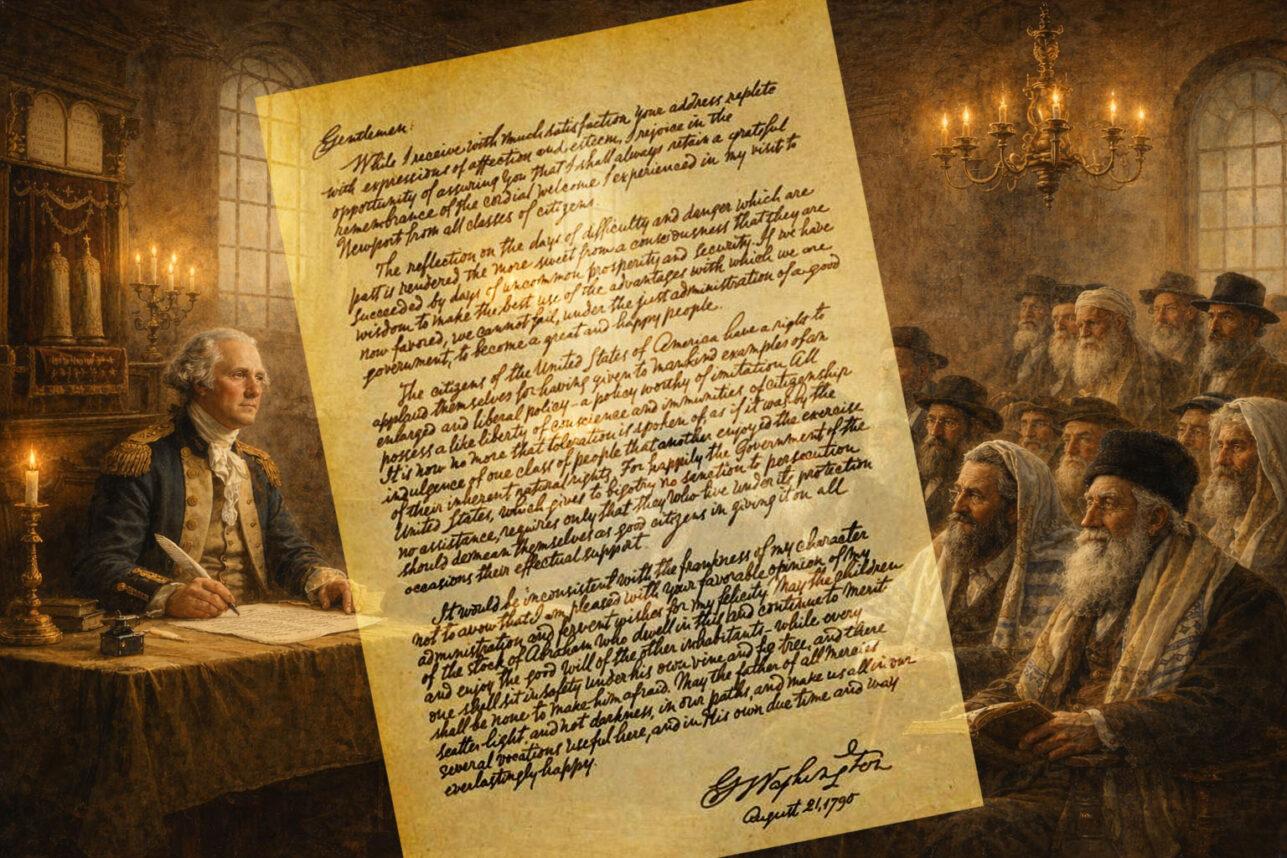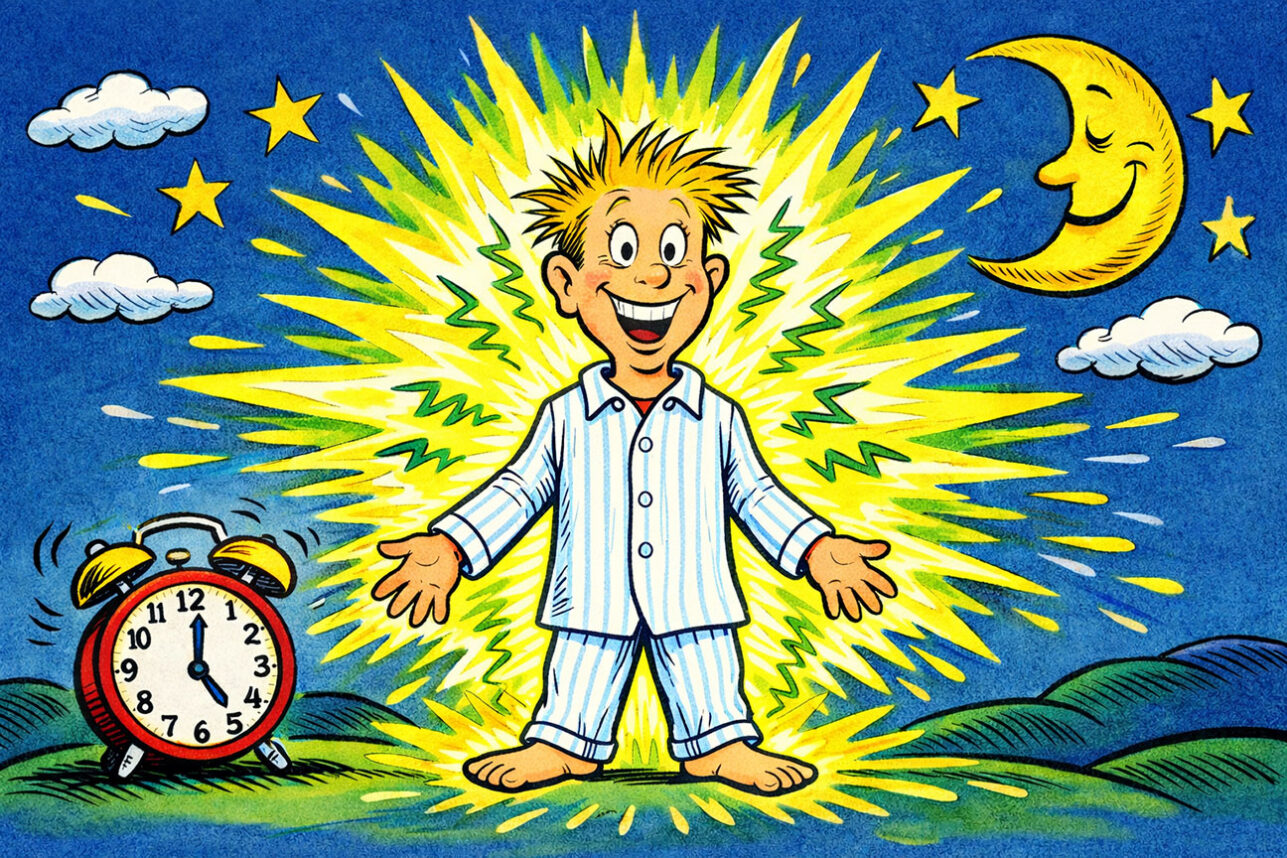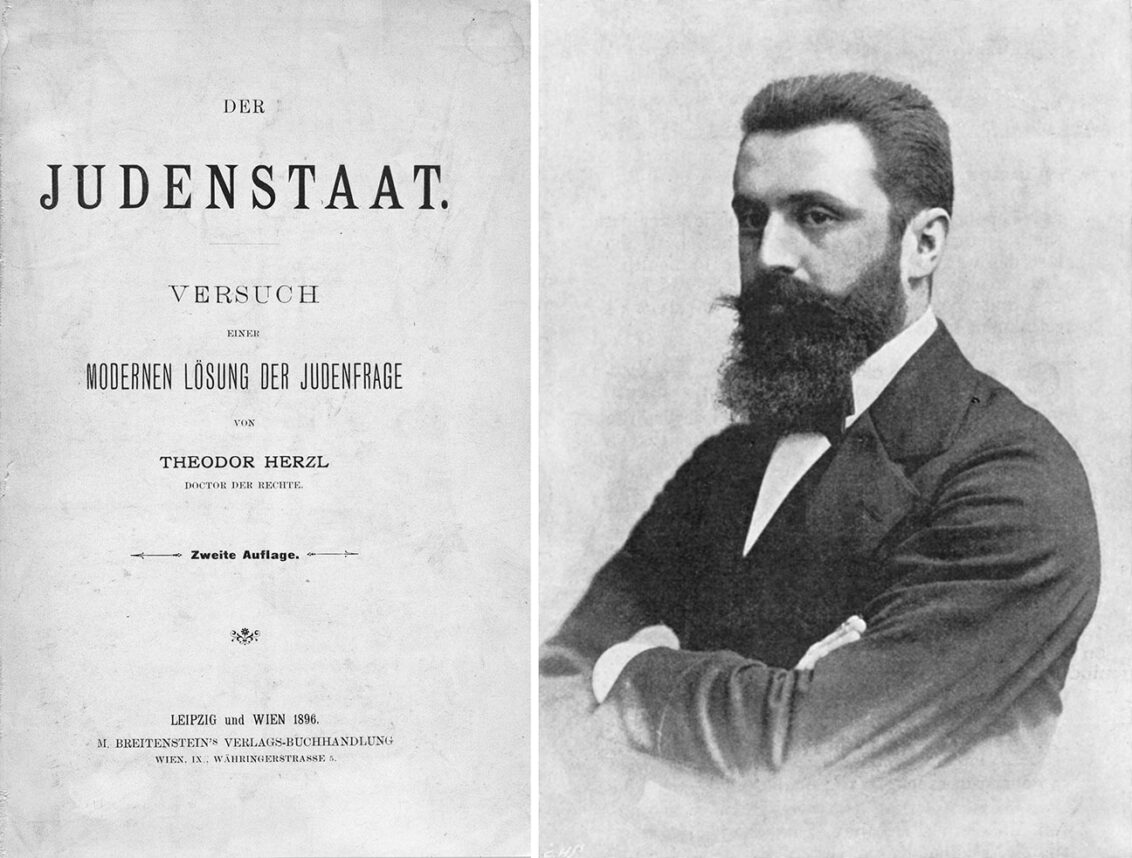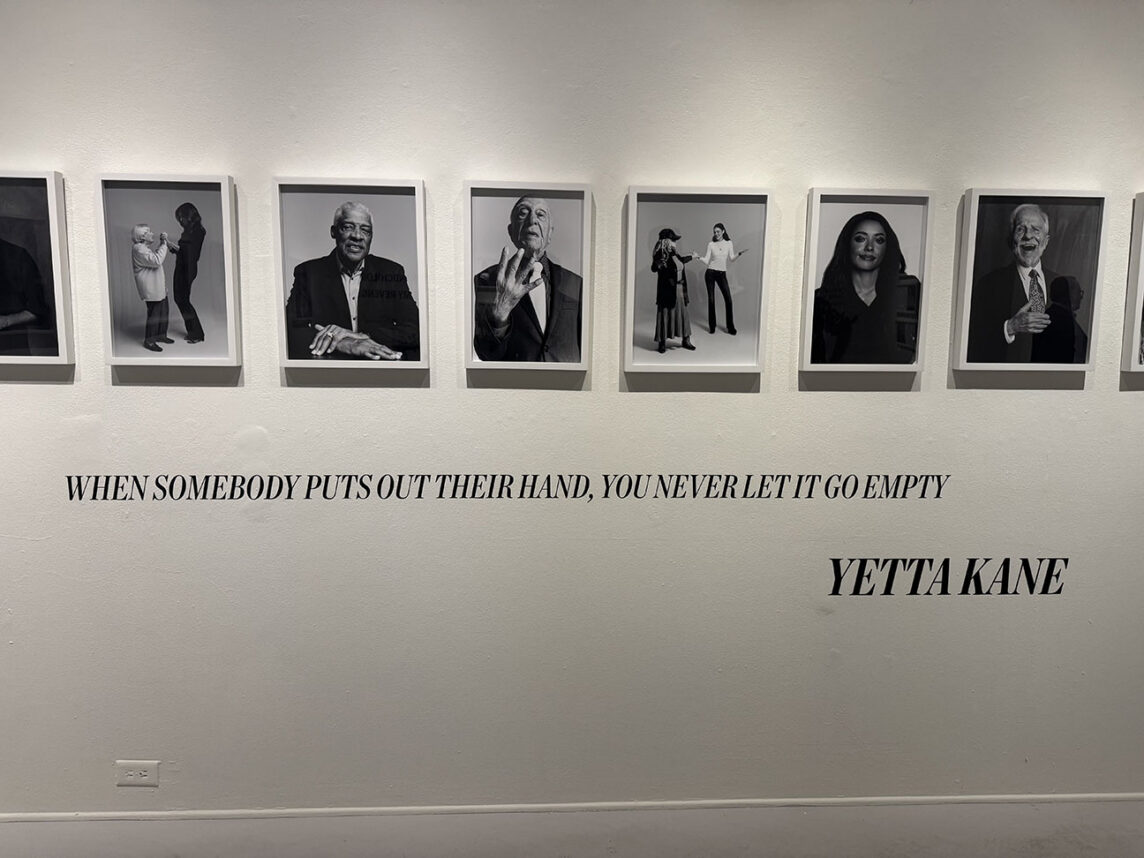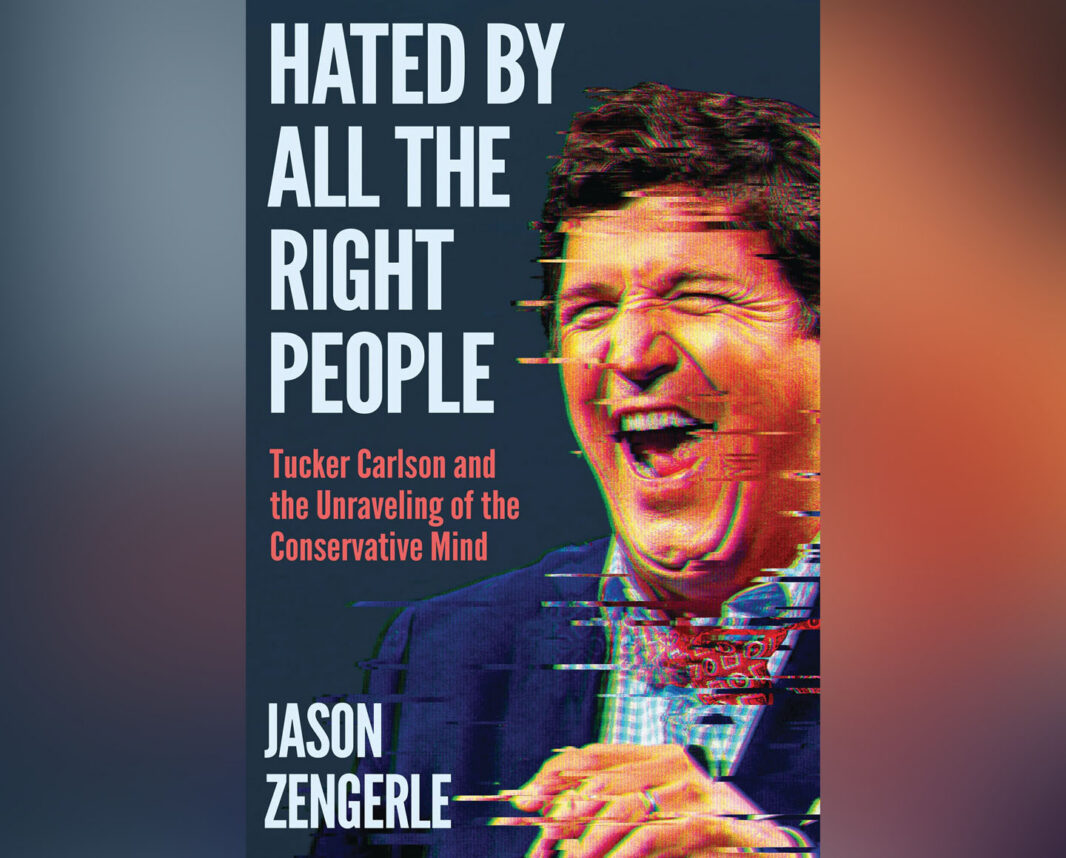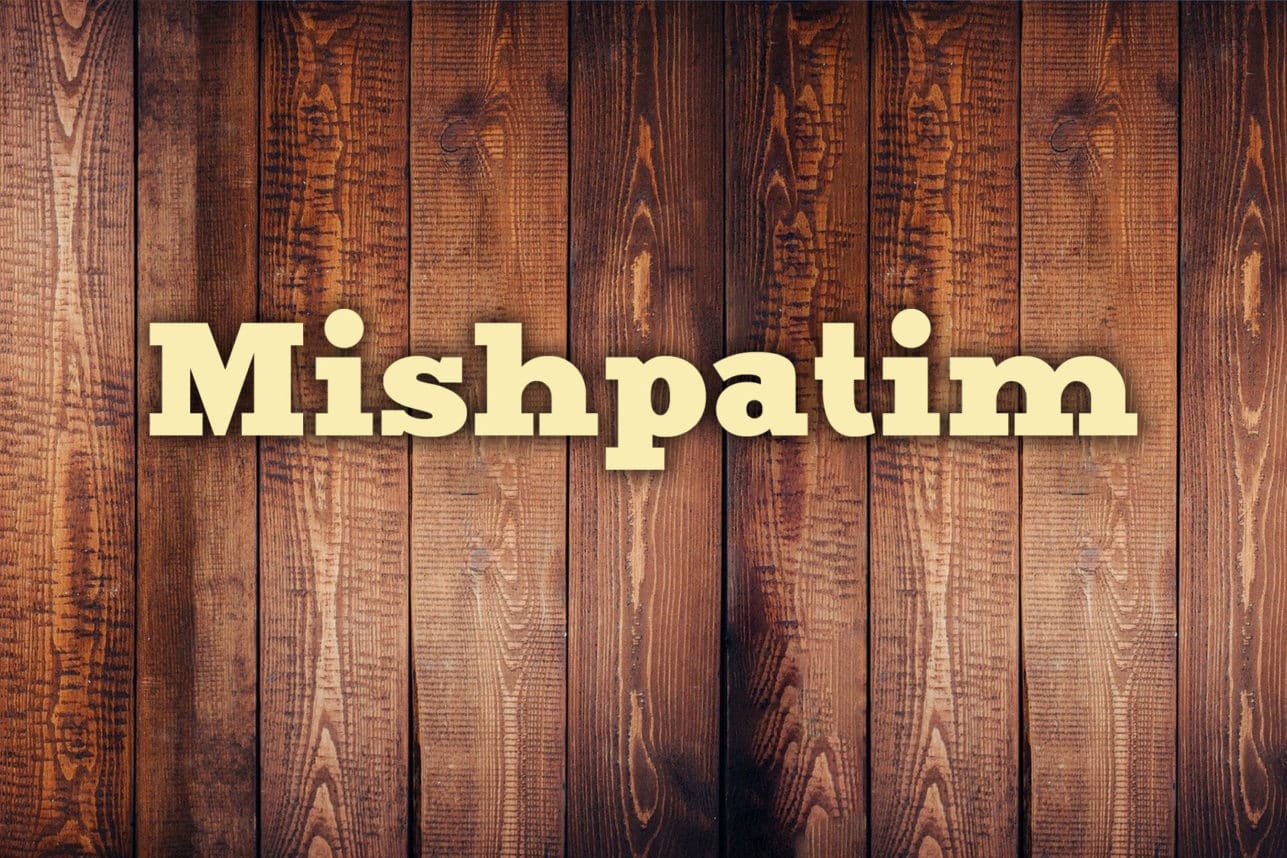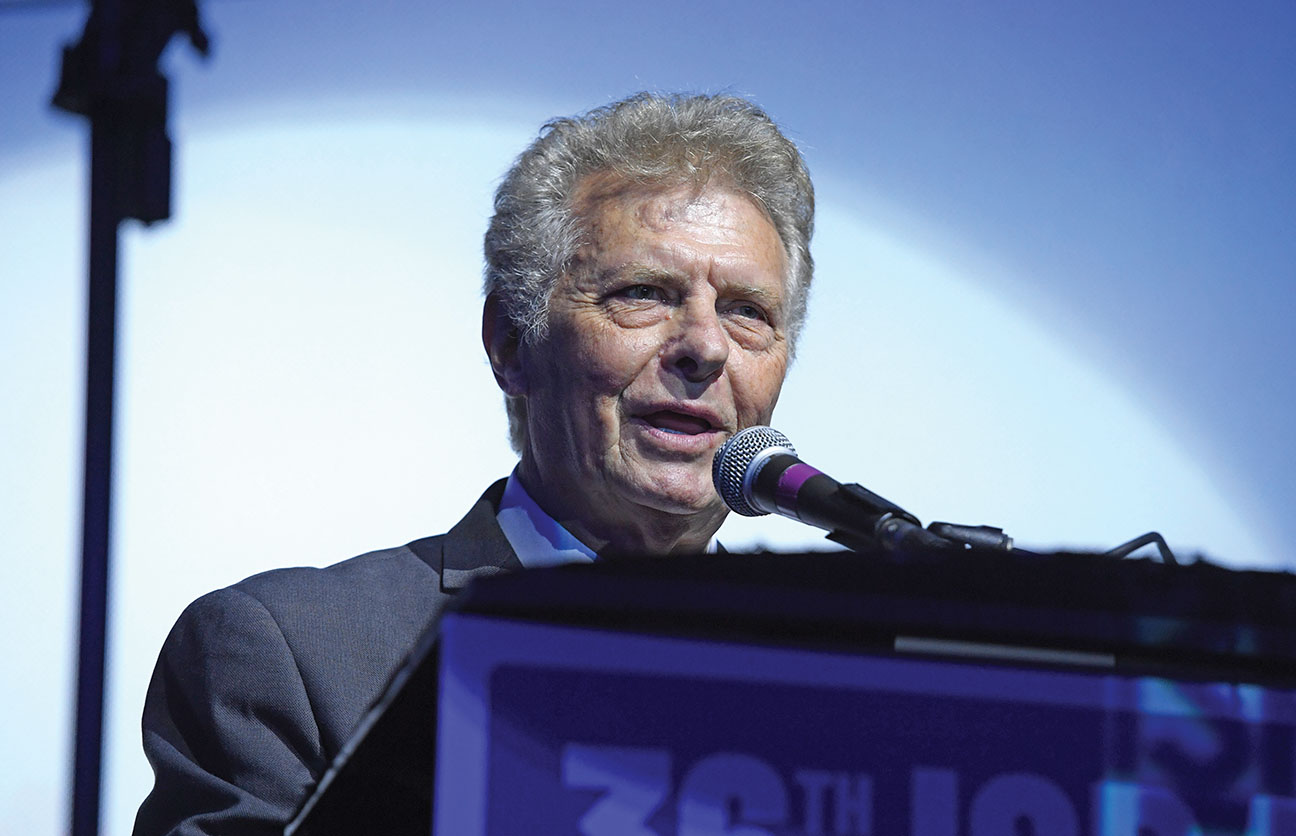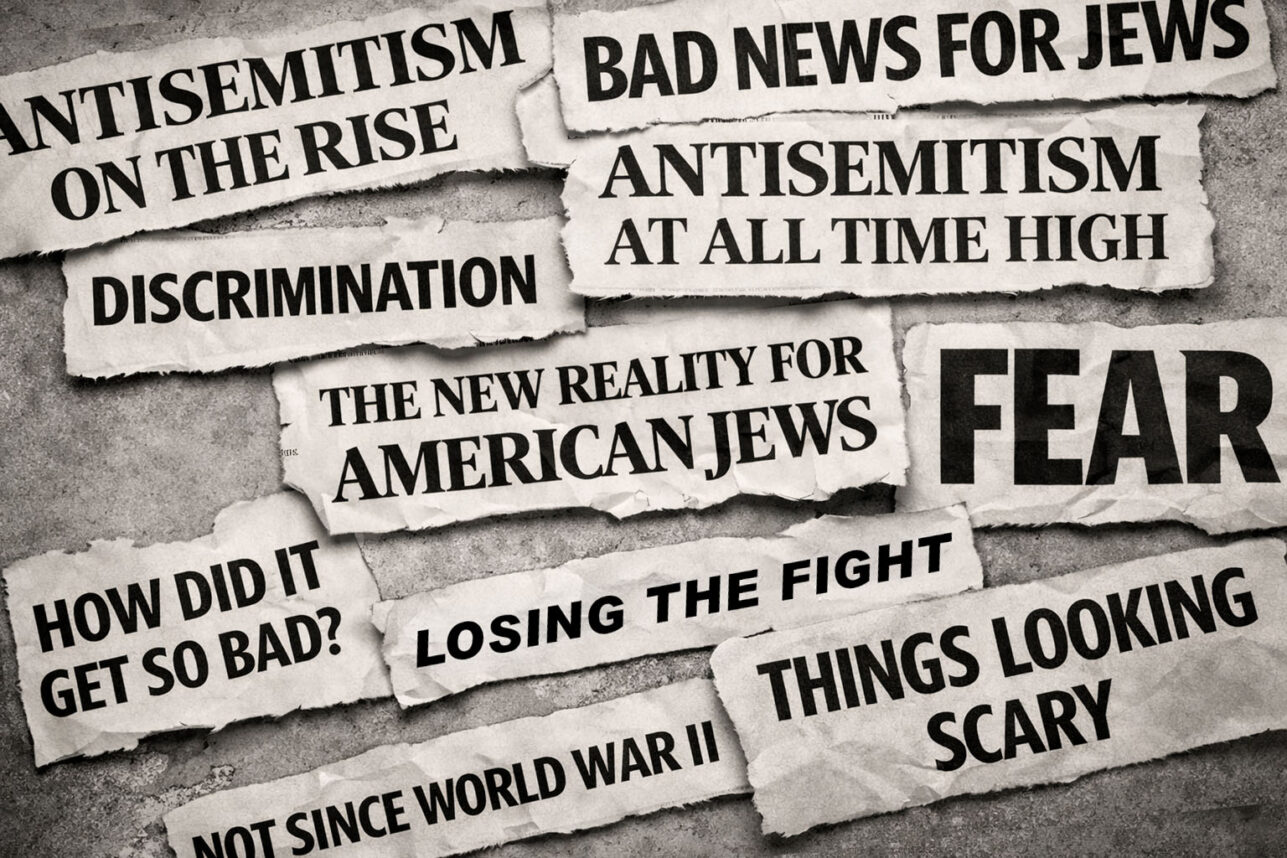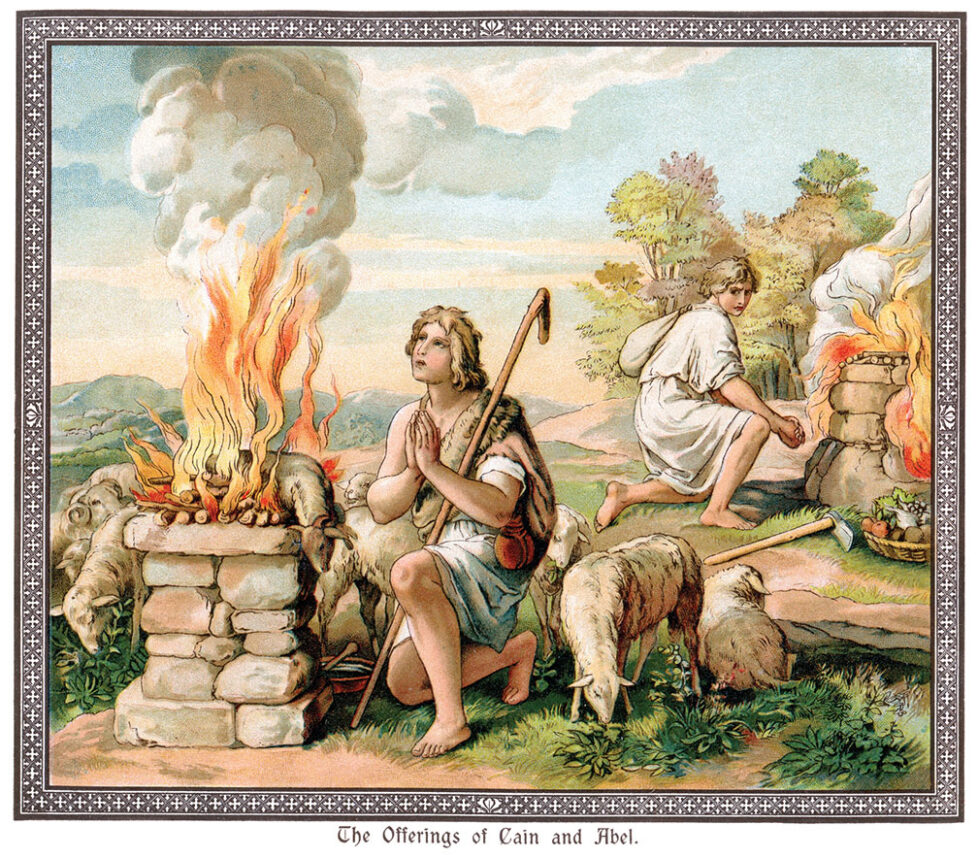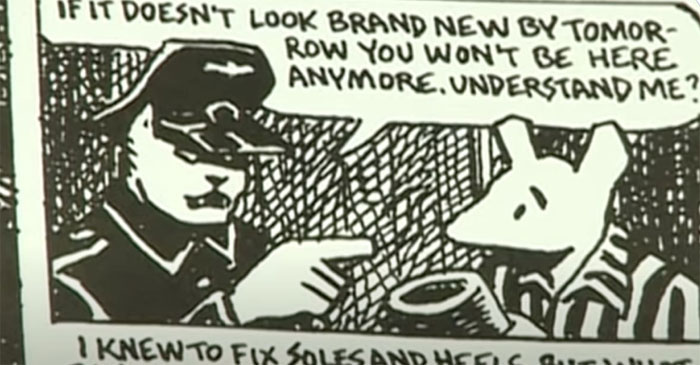
Tennessee school board voted to remove the Pulitzer-Prize winning Holocaust graphic novel “Maus” from their curriculum on January 26.
“Maus,” authored by cartoonist Art Spiegelman, tells the story of Spiegelman’s parents’ experience in Nazi-occupied Poland and in Auschwitz, depicting Jews as mice and the Nazis as cats. The McMinn County School Board voted 10-0 on the matter, arguing that the book contained eight cuss words and an image of female nudity. The board will decide on a different book to teach the Holocaust. “The wording in this book is in direct conflict of some of our policies,” School Board member Jonathan Pierce said during the meeting, according to National Public Radio (NPR).
Spiegelman told The Tennessean that the school board’s decision was “absurd” since the cuss words are “God d—” and “b—” and that the nudity scene involved “a dot for a nipple” to show that his mother, Anja, had committed suicide in a bathtub in 1968. He also told CNN that the school board is “so afraid of what’s implied and having to defend the decision to teach ‘Maus’ as part of the curriculum that it lead[s] to this kind of daffily myopic response.”
The United States Holocaust Museum defended the teaching of Maus in a couple of tweets. “Maus has played a vital role in educating about the Holocaust through sharing detailed and personal experiences of victims and survivors,” they wrote. “On the eve of International #HolocaustRemembranceDay, it is more important than ever for students to learn this history. Teaching about the Holocaust using books like Maus can inspire students to think critically about the past and their own roles and responsibilities today.”
1/ Maus has played a vital role in educating about the Holocaust through sharing detailed and personal experiences of victims and survivors. On the eve of International #HolocaustRemembranceDay, it is more important than ever for students to learn this history.
— US Holocaust Museum (@HolocaustMuseum) January 27, 2022
2/2 Teaching about the Holocaust using books like Maus can inspire students to think critically about the past and their own roles and responsibilities today. For those looking to teach about the Holocaust, find lesson plans and resources here: https://t.co/CNgiVIzUMP
— US Holocaust Museum (@HolocaustMuseum) January 27, 2022
Jewish groups also criticized the school board’s decision. “Banning #Maus, on the eve of International #HolocaustRemembranceDay, is shameful on every conceivable level,” Anti-Defamation League Southeast tweeted. “It serves no purpose other than to rob the next generation of knowledge. Awful.”
Banning #Maus, on the eve of International #HolocaustRemembranceDay, is shameful on every conceivable level. It serves no purpose other than to rob the next generation of knowledge. Awful. https://t.co/qYhI8KgxMJ
— ADL Southeast (@ADLSoutheast) January 27, 2022
“School Board fails to understand the only pornography exposed in this powerful book is the pornography of hate, violence, and genocide,” the Simon Wiesenthal Center tweeted.
Naked mice? School Board fails to understand the only pornography exposed in this powerful book is the pornography of hate, violence, and genocide. #Maus https://t.co/Lhuwq2taN3 via @thedailybeast
— SimonWiesenthalCntr (@simonwiesenthal) January 27, 2022
The American Jewish Committee tweeted that the school board’s decision was “shameful.” “It’s our collective responsibility to convey the lessons of the Holocaust to future generations,” they wrote. “The board must reverse its decision immediately.”
The @McMinnTN school board's decision to ban "Maus," a novel about the Shoah, just days before #HolocaustRemembranceDay is shameful.
It's our collective responsibility to convey the lessons of the Holocaust to future generations. The board must reverse its decision immediately. https://t.co/HlnJKEianv
— American Jewish Committee (@AJCGlobal) January 27, 2022
Conservative writer Christopher Rufo, known for his work on critical race theory, objected to those describing the school board vote as “banning” the book, pointing to a school board member saying in the meeting minutes that they could reinstate “Maus” into the curriculum if they can’t find a better alternative. “I personally wouldn’t have a problem with my child reading Maus in 8th grade, but I respect that other communities have different preferences,” he tweeted, noting that a school board in the Seattle area recently removed “To Kill a Mockingbird” from their curriculum. “It’s good to have a robust debate about what’s in school curricula, but it’s not ‘book banning’ to choose one text over another,” Rufo argued. “Curriculum space is finite. School boards should absolutely keep developing and refining their curricula to meet the preferences of their communities.”
This story is fake news: the book was swapped out from the 8th grade curriculum, not "banned." The board voted to find a better book for the Holocaust and said they'd even use Maus again if they don't find a good replacement.
Judd Legum is the Jussie Smollett of journalism. pic.twitter.com/To3UkjirBw
— Christopher F. Rufo ⚔️ (@realchrisrufo) January 27, 2022
I personally wouldn't have a problem with my child reading Maus in 8th grade, but I respect that other communities have different preferences. The journalistic culture of the NYT shouldn't colonize the curriculum of a small school in Tennessee. Pluralism means difference.
— Christopher F. Rufo ⚔️ (@realchrisrufo) January 27, 2022
A liberal Seattle-area school district recently swapped "To Kill A Mockingbird" out of its curriculum. I think it's a good book and would have no problem with my kids reading it, but it's entirely legitimate for them to choose a book they think is better!https://t.co/Kmlxm5NwfW
— Christopher F. Rufo ⚔️ (@realchrisrufo) January 27, 2022
It's good to have a robust debate about what's in school curricula, but it's not "book banning" to choose one text over another. Curriculum space is finite. School boards should absolutely keep developing and refining their curricula to meet the preferences of their communities.
— Christopher F. Rufo ⚔️ (@realchrisrufo) January 27, 2022
George Mason University School of Law Professor David Bernstein tweeted, “The grounds for removal were dumb, though I’m not sure Maus is the book I’d choose for 8th graders if I were choosing. In any event… no ban on Holocaust books, not even a ban on Maus, just no longer required reading for students.”
https://twitter.com/ProfDBernstein/status/1486511785033314306?s=20&t=ZEISg9D7GtUZ61A1N_38sA










